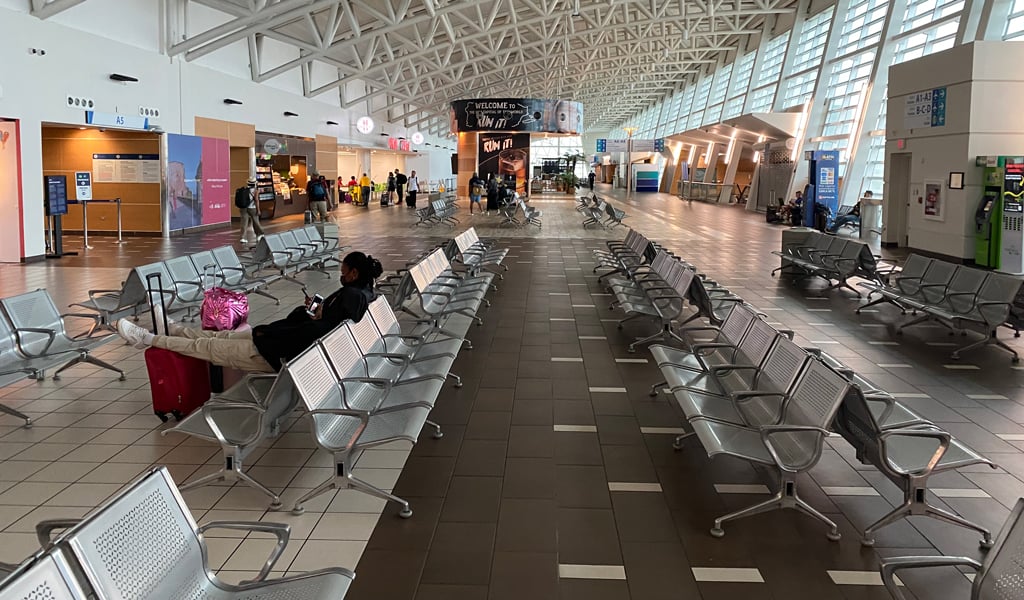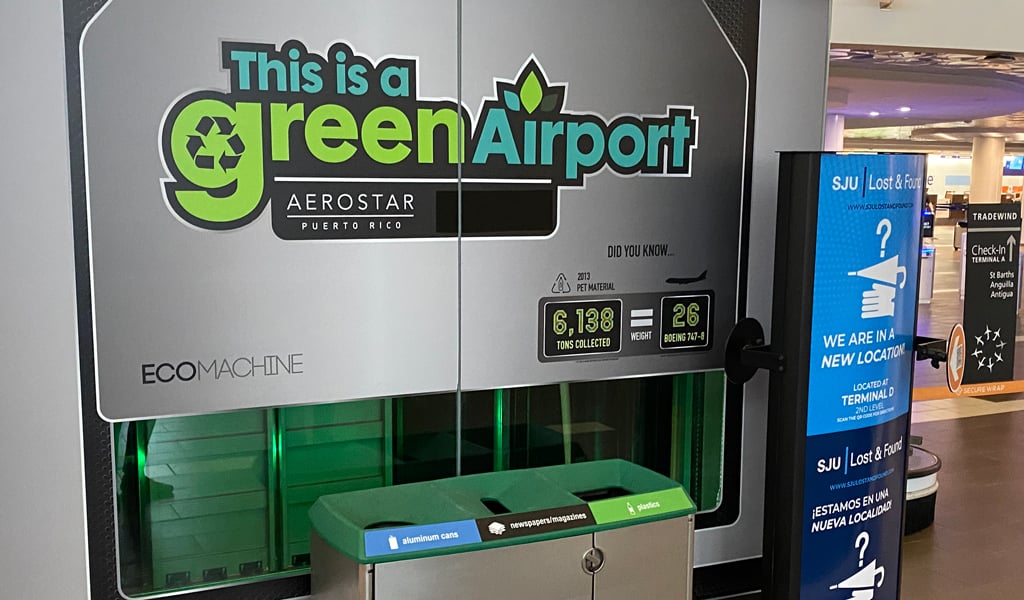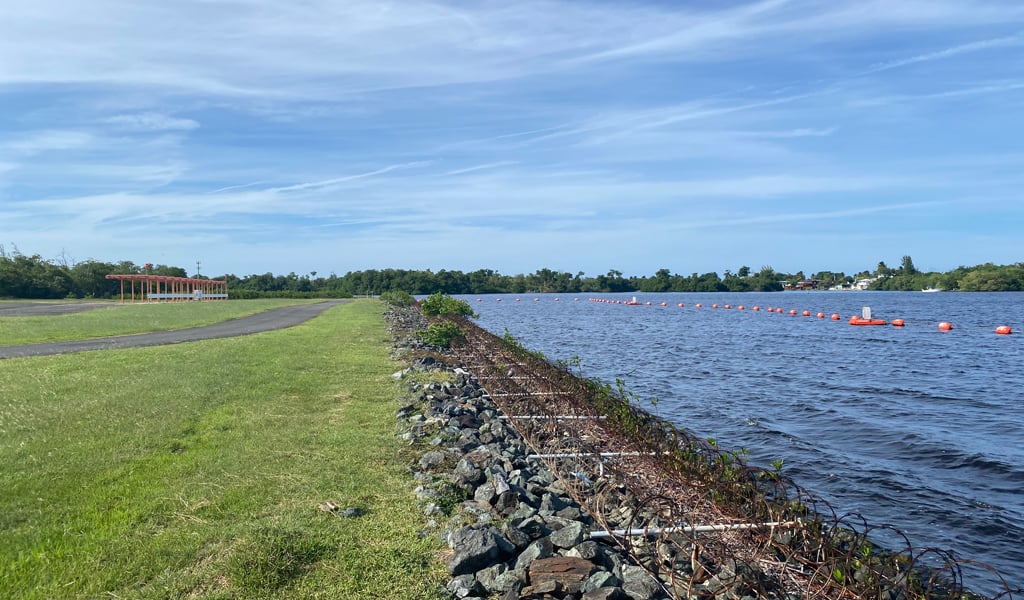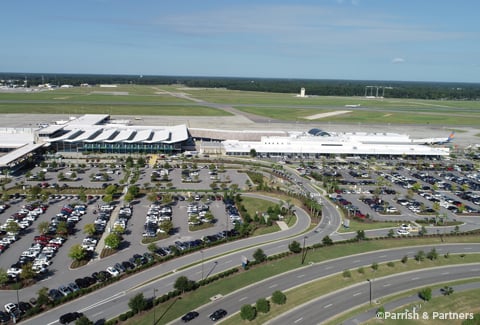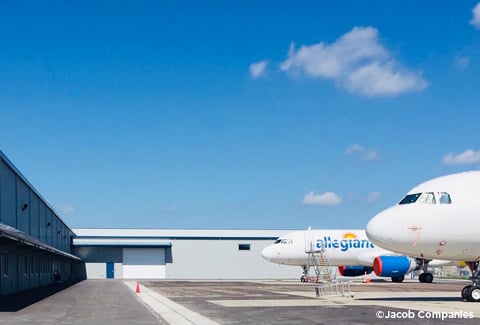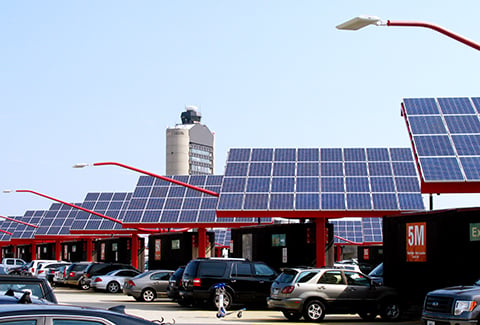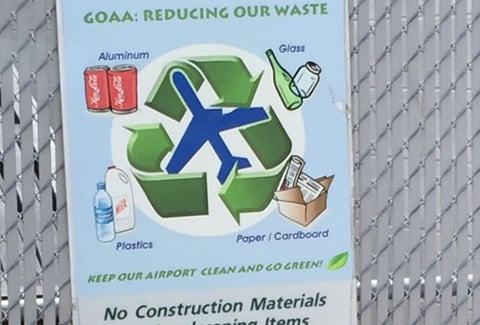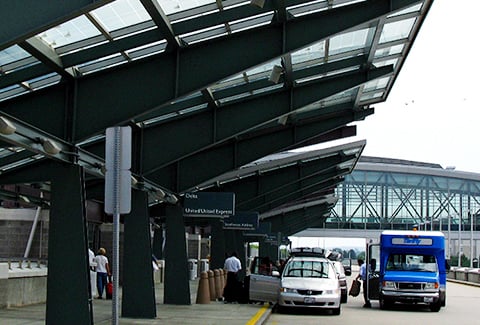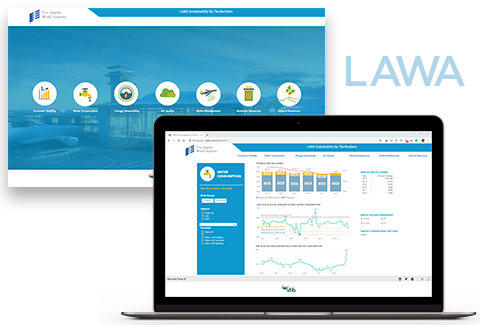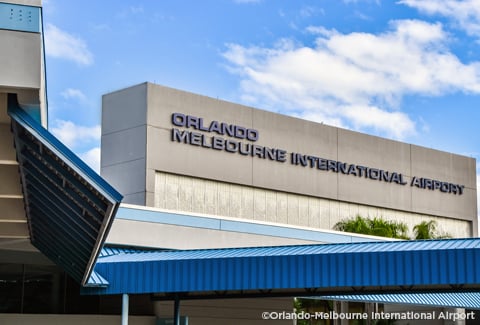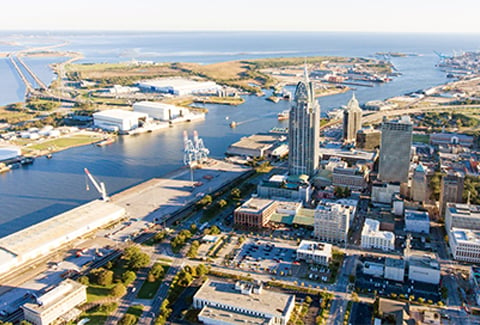Luis Muñoz Marín International Airport (SJU) handles over 10 million passengers annually, playing an important role in Puerto Rico’s connectivity. Shifting temperature and precipitation patterns, an increase in extreme weather events, and sea level rise all have the potential to compromise the integrity of airport structures, the health and safety of employees and passengers, airline schedules, and the economic viability of airport operations and services. To better understand these impacts, Aerostar Airport Holdings commissioned VHB and AVCON to develop SJU’s first Airport Sustainability Plan (ASP).
The team conducted a baseline sustainability assessment and outlined short-, mid-, and long-term actionable projects. VHB prioritized three key projects: a hydrologic & hydraulic study to address flooding and sea level rise, a renewable energy feasibility study to address energy reliability and resiliency needs as well as ways to reduce greenhouse gas emissions, and a water efficiency management analysis to assess efficiency opportunities and capacity challenges. Additionally, VHB and AVCON conducted a comprehensive Climate Vulnerability Assessment to identify the airport’s top climate threats, impacts to operations and services, and a phased plan to implement mitigation strategies.
The ASP proposed integrating renewable energy sources and a new, cleaner-fuel power plant to allow for continued operations. SJU is now advancing with these priority projects to maintain sustainable and efficient operations for long-term functionality for passengers and the community.

